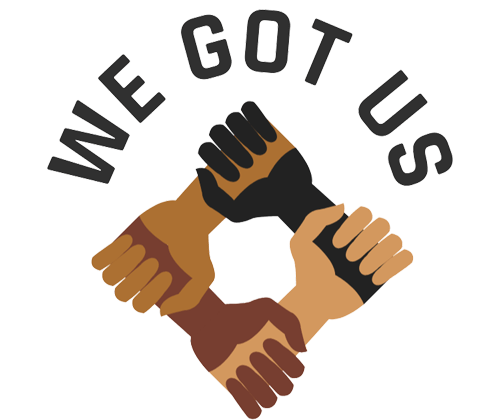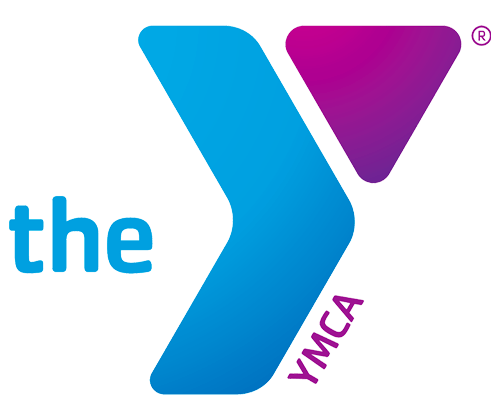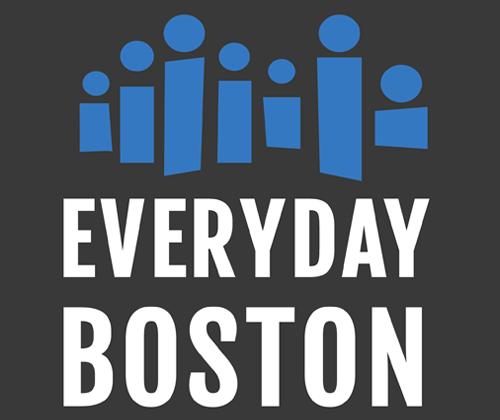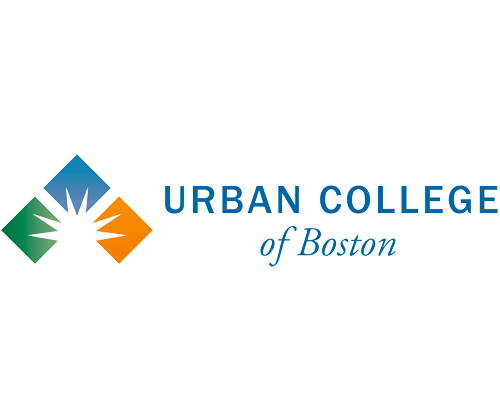CRN Community Engagement
In collaboration with our communities, researchers, and internal partners, the Clinical Research Network (CRN) is focused on making sure that everyone has a fair and just opportunity to participate in research at BMC.
Our goal is to improve awareness, understanding, and trust through:
- Outreach & Education: Providing learning opportunities for community members to engage in conversations about research and their health
- Community Advisory Boards & Focus Groups: Working to establish advisory boards and patient focus groups to promote dialogue between our communities and researchers so that research is shaped collaborative and guided by community interests, and
- Community Partnerships: Collaborating with a network of trusted partnerships that represent the communities we serve to shape how BMC conducts research in partnership with the community.
Below are some of the ways you can partner with the CRN to help us build trust in research, improve health outcomes in our community, and increase access to healthcare services. If you’re interested in partnering with us, please contact our Community Engagement & Recruitment Specialist.
Community Education & Outreach
-
Expand and translate educational materials into multiple languages
-
Educate and provide resources at community events
-
Provide access to a network of physicians and researchers
-
Host community events focused on community health and the role of research in healthcare
Support Career Development
-
Provide youth-focused education on career pathways in research
-
Partner with organizations to provide workforce development training for careers in research
Support Community-Led Research
-
Provide guidance on a variety of study-related activities, including regulatory support, community engagement planning, and study budgeting
Community Events Calendar
The CRN hosts and attends community events across the city – for more information on previous and upcoming events, please see our calendar or our monthly updates page.
Have an upcoming event you’d like us to attend? Contact us here.
February 2026
| Sun | Mon | Tue | Wed | Thu | Fri | Sat |
|---|---|---|---|---|---|---|
|
1
|
2
|
3
|
4
|
5
|
6
|
7
|
|
|
|
|
|
|
|
|
|
8
|
9
|
10
|
11
|
12
|
13
|
14
|
|
|
|
|
|
|
|
|
|
15
|
16
|
17
|
18
|
19
|
20
|
21
|
|
|
|
|
|
|
|
|
|
22
|
23
|
24
|
25
|
26
|
27
|
28
|
|
|
|
|
|
|
|
|
Community Advisory Board
The Advancing Equity in Health Research Community Advisory Board, or “CAB,” is a group of Boston leaders from different community-based organizations. The purpose of the CAB is to create opportunities for the university, academic medical center, researchers, and community to engage in bi-directional communication about equity in research for specific projects and to promote improvements to make research more community engaged. In other words, a way to get advice from, and communicate with community leaders about best practices for promoting sustainable equity and justice in the research process.
Researchers can receive advise from the CAB through consultations. Proposals sent to the CAB for consultation are evaluated using the Equity in Research rubric.
The CAB was established in 2021 as a collaboration between the CRN, Boston University’s Clinical and Translational Science Institute (CTSI), BMC’s Community Engagement and External Affairs department, and the Massachusetts Community Engagement Alliance. To learn more about the CAB, visit CTSI’s page here.
If you are a researcher interested in receiving consultation from the CAB, please reach out to the Community Engagement Specialist.
Community Engagement Collaborators
Community Partners
Our BMC and BUMC Partners
The CRN partners closely with our internal community engagement teams to create shared vision, strategy, workflows, and projects to promote and facilitate community-engaged research at BMC and Boston University Medical Campus (BUMC).
Community Engagement & External Affairs
BMC's community engagement department is dedicated to building and nurturing trust-based relationships with community leaders, organizers, and activists. Through these relationships they are able to connect directly with diverse community members across Boston and open of channels for dialogue and feedback.
BMC Health Equity Accelerator
The Health Equity Accelerator at BMC is working to transform healthcare to eliminate gaps in life expectancy and quality of life among different races and ethnicities. They’ve started working in five clinical areas where they’ve identified major disparities: pregnancy, cancer, infectious Diseases, chronic conditions, and behavioral health.
MA-Community Engagement Alliance
Massachusetts-CEAL aims to provide trustworthy information on COVID-19 through active community engagement and outreach to the people hardest-hit by the pandemic. Our goal is to build long-lasting partnerships and improve diversity and inclusion in our research response to COVID-19 and beyond.
Clinical and Translational Science Institute (CTSI)
Boston University's CTSI Community Engagement Program seeks to:
- Develop new and sustain existing community-academic partnerships
- Expand community-engaged research capacity for organizations, neighborhoods, and systems and the people who live, work, and play within these contexts to advance health equity, and
- Disseminate best practices for community-engaged research approaches.
Boston HealthNet (BHN)
BHN is an integrated health care system consisting of BMC and 11 Community Health Centers dedicated to improving the health of Boston’s low-income and minority populations.
BHN ensures access to high-quality care and cutting-edge technology across the care continuum of primary, specialty, and tertiary healthcare services. BHN focuses on maintaining individualized and culturally sensitive care throughout Boston’s local neighborhoods through disease prevention and health education tailored for the most vulnerable populations.
Frequently Asked Questions
What is a clinical trial?
Clinical trials are medical research studies performed with the help of patients who volunteer to try new diagnostic techniques or new therapies, or to be observed as part of a group of people with a specific health issue. The doctors conducting the research seek to answer specific medical questions — ultimately to improve health and patient care.
Clinical trials are needed to develop or test new drugs, devices, treatments, and procedures and help answer questions like:
- Does it work?
- Does it work better than other treatments?
- What amount is safe and effective?
- What are the side effects?
Who participates in clinical trials?
People of all ages may participate in clinical trials. Some participants have a disease or condition that the researchers are studying; other participants are healthy volunteers. For each clinical trial, there are requirements regarding who can participate (inclusion criteria) and reasons why someone might not qualify to participate in the trial (exclusion criteria). Trial criteria may include age, sex, the type and stage of the disease, and previous treatment history.
Why is diversity important in clinical research?
Diversity in clinical trial participation helps ensure new treatments are safe and effective for all people. People may experience the same disease differently. It’s essential that clinical trials include people with a variety of lived experiences and living conditions, as well as characteristics like race and ethnicity, age, sex, and sexual orientation, so that all communities benefit from scientific advances. Learn more about why diversity in clinical research matters here (video).
How can I learn more about the outcome of completed trials?
You can find results from past clinical trials on the website. Some sponsors post results on their own websites. The European Union (EU) also posts plain language summaries for trials that take place in any EU member state. You can search for these summaries on this website.
Participants are entitled to a plain language summary of the results of your clinical trial once the trial is finished. If you do not have access to a summary, check with the trial doctor or research team or contact the Clinical Research Network.
Contact Us
Researchers outside of BMC and Boston University as well as sponsors, community organizations, and community members may contact the CRN via our contact request form.
Clinical Research Network
960 Massachusetts Avenue, Second Floor
Boston, MA 02118
Email: CRN@bmc.org






